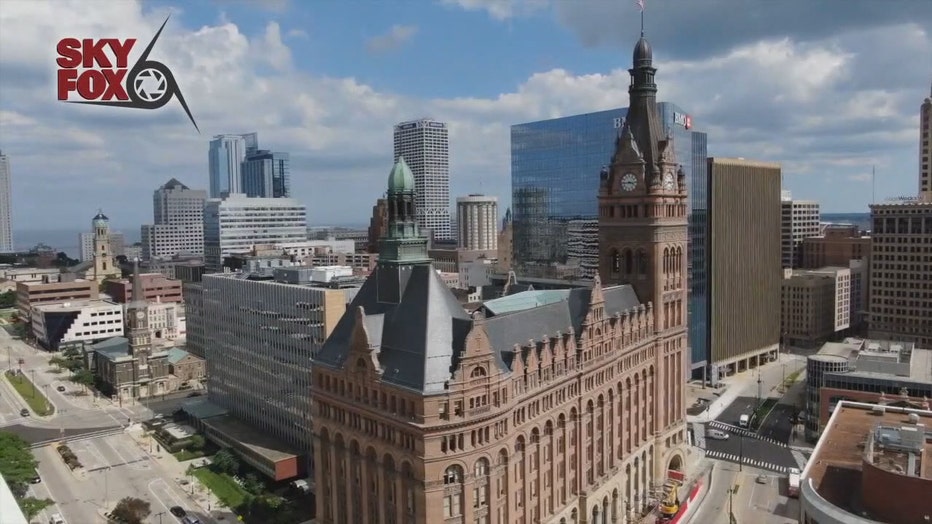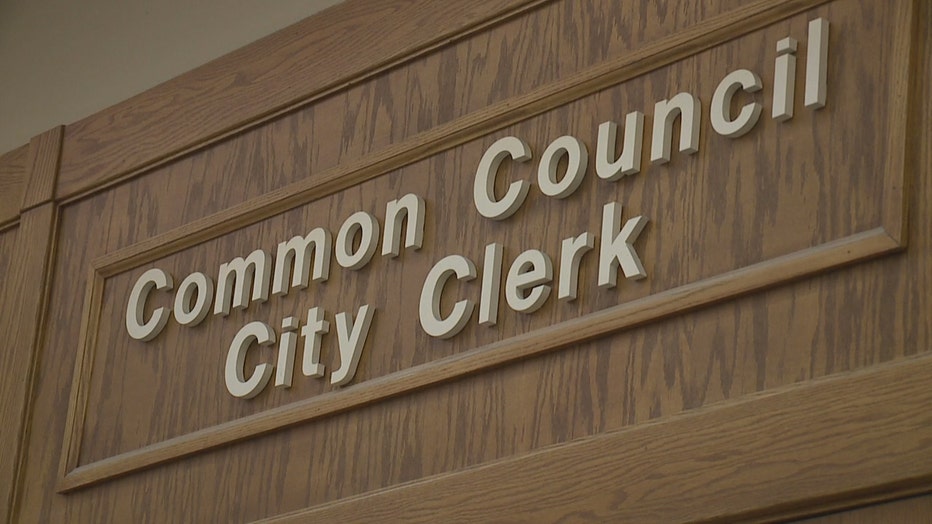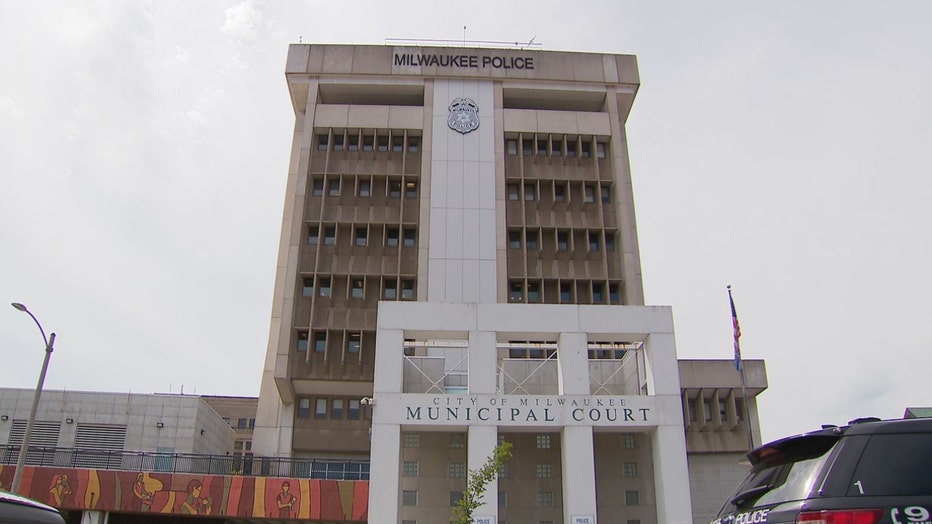Milwaukee's American Rescue Plan money: How will it be spent?

Milwaukee's American Rescue Plan money: How will it be spent?
How should Milwaukee spend $174 million in federal American Rescue Plan Act (ARPA) money? The Common Council's Finance Committee worked to hash it out Friday, Oct. 15.
MILWAUKEE - How should Milwaukee spend $174 million in federal American Rescue Plan Act (ARPA) money? The Common Council's Finance Committee worked to hash it out Friday, Oct. 15.
Council members are planning big investments in affordable housing, lead abatement, early childhood education, violence prevention and more. The committee's approval of plans now sends it to the full Common Council for approval.
The federal government is sending Milwaukee two batches of funds: One is already here, and the second comes in 2022. Both batches total to $394 million.
SIGN UP TODAY: Get daily headlines, breaking news emails from FOX6 News
Friday's meeting was all about what is left of the first batch – $174 million. The city already spent some of that money, which totaled $197 million:
- $3.8 million for Earn & Learn
- $1.8 million on eviction prevention
- $4.7 million on emergency medical services
- $7 million to combat reckless driving

Milwaukee City Hall
Milwaukee's Finance and Personnel Committee approved spending $43 million on affordable housing. That includes $15 million to fix up foreclosed homes that the city now owns. One hundred fifty homes would be sold or rented at affordable prices, and profits would go to fix up more of the city-owned homes.
Ten million dollars would go toward the Housing Trust Fund to help with affordable housing. It provides grants and loans to low- to moderate-income people for construction and rehabilitation projects.
FREE DOWNLOAD: Get breaking news alerts in the FOX6 News app for iOS or Android.
Programs like the Home Down Payment Assistance Program and the STRONG Homes Loan Program would get $4.5 million.
The Westlawn Revitalization Project, which is moving to replace 394 public housing units with mixed-income affordable housing units, would see $9 million.
"I think this is truly a revolutionary investment, and the money is very flexible," said Milwaukee Alderman Bob Bauman.

Milwaukee Common Council
Lead abatement projects would get another $26 million. That includes hiring new staff and abating 850 units.
"I think we want to do it right the first time, and I think there’s a very high level of pressure on the health department to make sure they do it right going forward," Milwaukee Alderman Michael Murphy said.
Seven million dollars would help early childhood education. That includes salary supplements with the goal of keeping people in the business. The Greater Milwaukee Foundation found that roughly half of Milwaukee's 47,000 children under the age of 6 do not have access to high-quality early childhood education that meets their families' needs.
"It’s an emergency," said Milwaukee Alderwoman Marina Dimitrijevic. "If women can’t go back to work, predominantly, and there’s not enough slots, it's an economic problem that we have to face up to. So I see this as temporary emergency relief."
The city's Office of Violence Prevention would receive $3 million.
"The crime wave that we’re seeing here and recognizing that it’s multiple approaches that are going to have to be had for there to be a difference made and for those numbers to come down," Milwaukee Alderwoman Milele Coggs said. "This is just one small way to add to the pot of resources to help to attack those issues."
Milwaukee Mayor Tom Barrett proposed using $6 million in ARPA money to hire 195 police recruits. Instead, the Finance Committee approved more of the federal funds for the fire department. The normal city budget, which still needs to be approved, would fund the new officers.
"I am fairly confident that we have the votes in order to get it done," said Common Council President Cavalier Johnson.

Milwaukee Police Department (MPD) administration building
Jeffrey Norman, Milwaukee's acting police chief, wrote the Common Council on what he is considering cutting if he does not get the 195 new officers. That would include eliminating Police District 1 downtown – meaning more time to respond to calls and less support for special events. It would also mean, Norman said, eliminating the department's Traffic Safety Unit that launched this year and cutting the mounted patrol and Office of Community Outreach and Education. The Sensitive Crimes Unit would also be scaled back.
Milwaukee's homicide rate in 2020 saw one of the top five largest increases in the country.
There is also $15 million for fighting COVID-19.
Featured
Milwaukee FPC to host community meetings for police chief consideration
Milwaukee's Fire and Police Commission will hold three community meetings for the consideration of Chief of Police candidate Jeffrey Norman.
Featured
'Eviction free MKE,' no-cost legal counsel for qualified families
Since the start of the coronavirus pandemic, 8,500 families have been saved from eviction thanks to a moratorium, but with the ban lifted, a new group seeks to help families fight threats of evictions in court.



